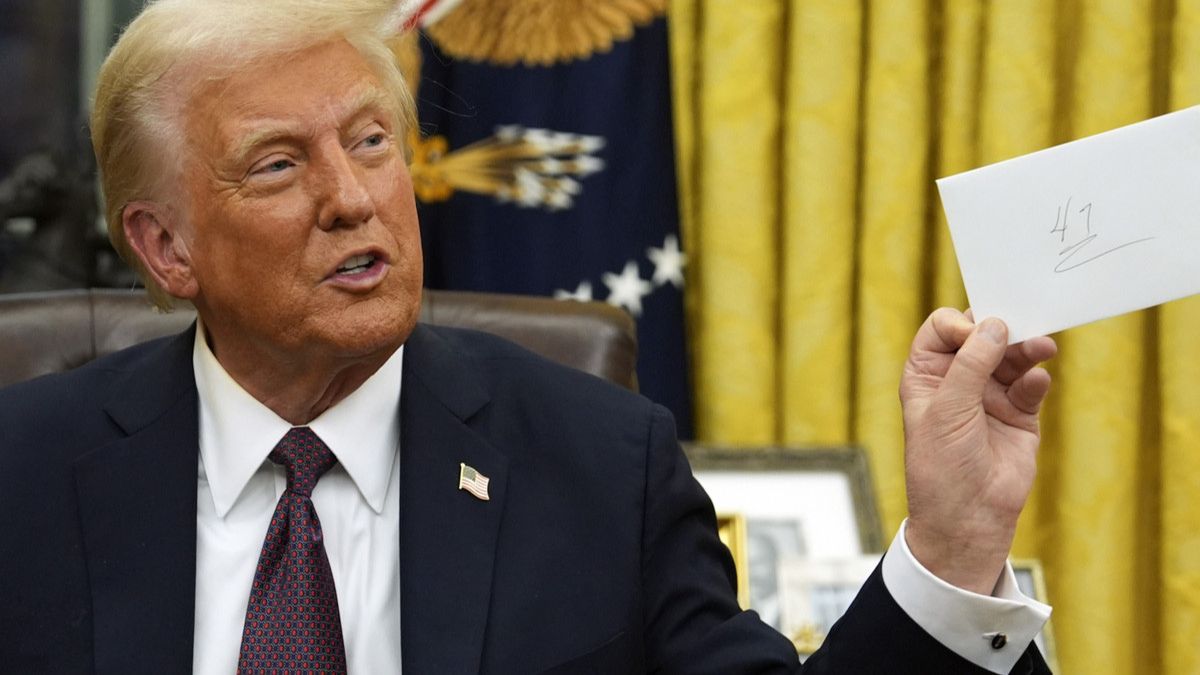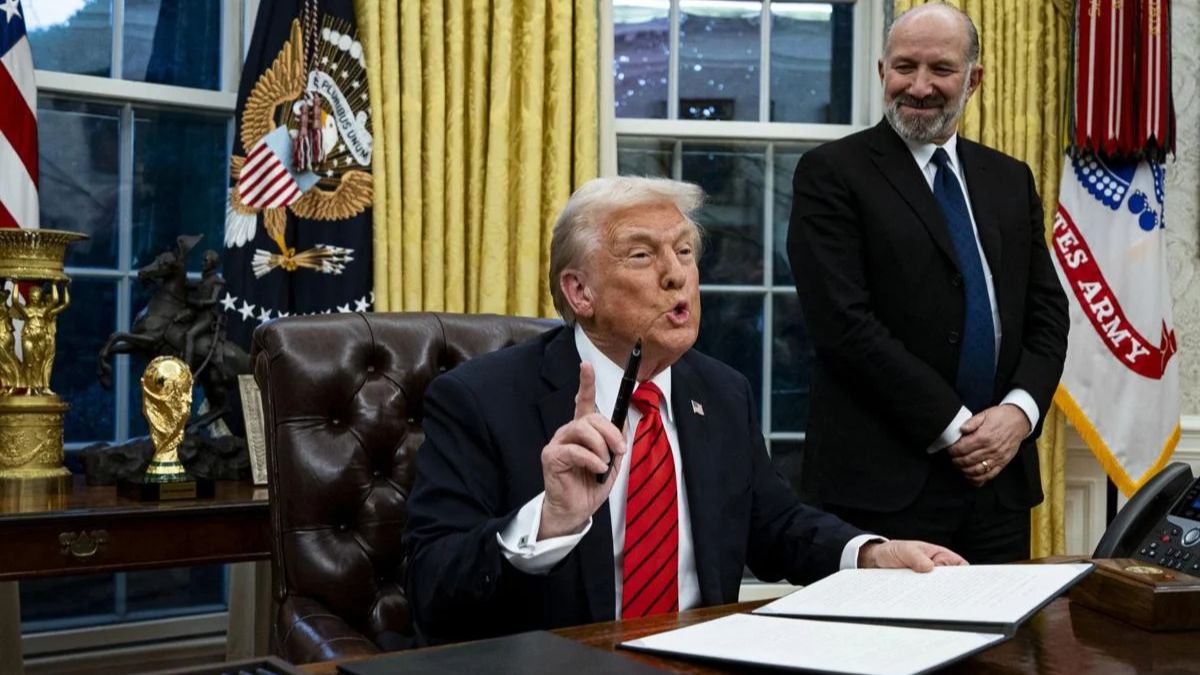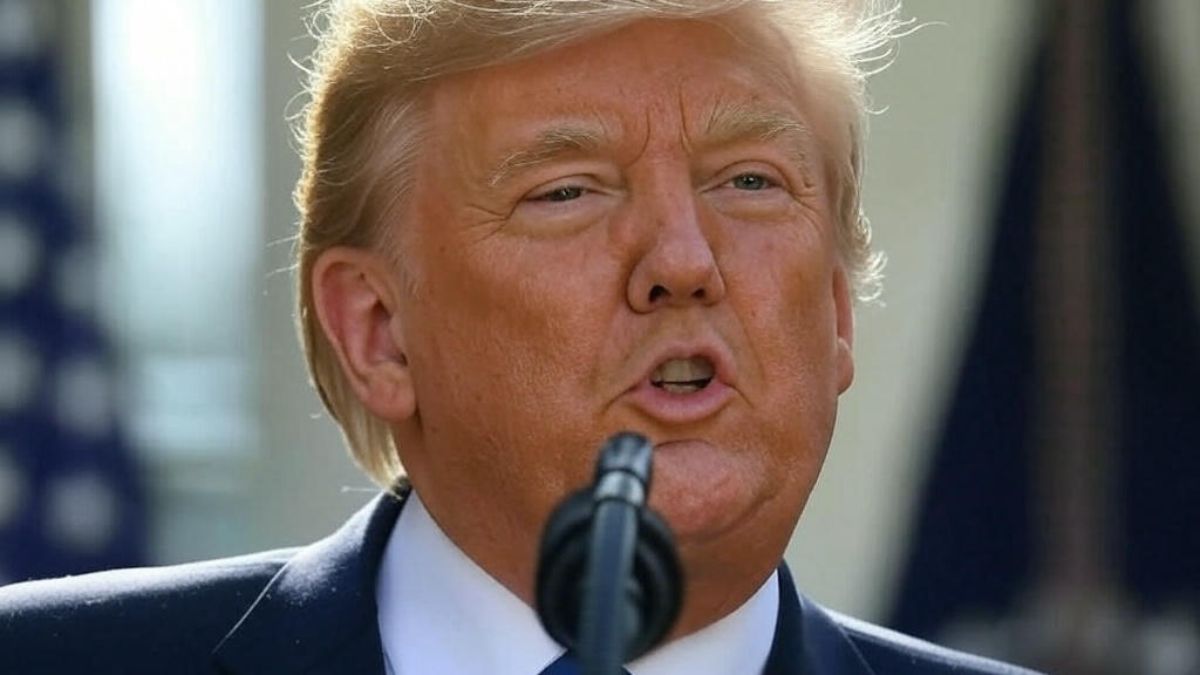In 2025, the foreign policy of Turkiye‘s marked by a dynamic approach toward regional stability, partnerships around the world, and strategic opportunities. During the past year, Ankara successfully emerged from an unstable Middle East, deepened its relations with diverse regions, and made its presence felt at international forums such as BRICS, the G20, and the Conference of Asian Political Parties. Now, as normalization processes start yielding results, it will be much better placed to address the hottest regional issues and seek new opportunities. The following are five key priorities of Turkish foreign policy in 2025.
1. Syria: New Opportunities Following the Demise of Assad
Of all geopolitical developments, nothing has been as impactful as the collapse of Bashar Assad, who opened a new vista for peace and reconstruction in Syria. It has played host to Syrian opposition groups since 2011 and pressed for an inclusive administration and a new constitution.
In 2025, two issues that dominate Ankara’s agenda for Syria concern the return of nearly 4 million Syrian refugees and the elimination of threats from PKK/YPG. Given the increasing anti-refugee mood at home, Türkiye emphasizes reconstruction in Syria to facilitate voluntary returns. Cooperation with a new administration in Damascus to dissolve the YPG, a Kurdish group backed by the West in northeastern Syria, is too important to fail. Success in Syria will also contribute to Türkiye’s counterterrorism efforts in Iraq.
2. Gaza: Mediating in a Humanitarian Crisis
The latest Hamas-Israel war, which broke out at the end of 2023, has dramatically defined Türkiye’s diplomacy. The tens of thousands of Palestinian civilians that fell as victims and the widespread destruction in Gaza dragged Ankara into active mediation. Türkiye has opened humanitarian aid, convened an international contact group for Gaza, and even offered itself as a guarantor in peace efforts.
While U.S. support for Israel continues, the return of Donald Trump to the White House is seen as a potential change by Ankara. Türkiye will continue its contacts regarding a two-state solution, reconstruction of Gaza, and observing the impact of the conflict on Iran. With destabilization looming over Iran, new waves of refugees and increasing PKK activity make Türkiye uneasy.
3. Iraq: Strategic Cooperation and Counterterrorism
The relationship between Türkiye and Iraq has reached a whole new dimension with the historic visit of President Recep Tayyip Erdoğan to Baghdad in 2024. The most important development in this context has been the recognition of the PKK as a banned organization by Iraq—an important step to meet Ankara’s goal to eradicate the terrorist organization in northern Iraq.
The Iraqi Development Road Project—which promises close trade and infrastructure cooperation between the countries—provides economic benefits for Türkiye while offering Iraq security and prosperity. However, several factors will continue to impact relations, such as the pro-Iranian factions’ increasing popularity in Baghdad and the upcoming Iraqi elections that may alter the course of bilateral ties.
4. Somalia: Expanding Strategic Partnerships
Somalia is the largest overseas military base for Türkiye and a manifestation of deepening relations between the two countries. For three years starting in 2017, Türkiye trained Somali soldiers to bolster counterterrorism against al-Shabab. More recently, Somali-Ethiopian tensions have flared following a maritime deal that Somaliland signed with Somalia, making the country a sort of mediator in this dispute.
Ankara mediated agreements to cool down tensions with Somalia and signed a hydrocarbon exploration deal. In 2025, Türkiye will continue the development of a multifaceted relationship with this country while also balancing its interests in the Horn of Africa.
5. Ukraine: Restoring Diplomatic Relations
With Russia’s decreased focus on Syria and increased campaign on Ukraine, Ankara needs to stay relevant as a mediator. The Turkish government facilitated the Black Sea Grain Initiative and needs to play a very important role in post-war Ukraine.
The possible return of Donald Trump to the U.S. presidency could accelerate negotiations aimed at ending the war, which might provide an opportunity for Türkiye to further solidify its position as a global peacebroker while simultaneously deepening economic ties with Kyiv.
More Priorities
Beyond these priorities, Türkiye’s foreign policy is comprised of several strategic objectives:
EU Relations: The primary objective of Ankara in bettering relations with the European Union is to gain more closeness to Europe, especially in terms of stability in the Eastern Mediterranean and defense cooperation.
Gulf Cooperation: A free trade agreement with the GCC is on the wish list, besides policy coordination on the establishment of common problems they face in the Middle East.
Africa Outreach: In Africa, Turkey maintains expansive humanitarian, economic, and political outreach, with special emphasis on Libya, Niger, and the Horn of Africa.
Conclusion
Türkiye’s Foreign Policy in 2025 sums up the need to be a bridge between regional crisis management and the self-assertion of the country on the world map. Coupled with an ever-expanding footprint within the international spectrum and strengthened bilateral ties, Ankara is ready to push through the intricacies of the shifting geopolitical landscape.




